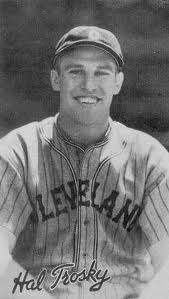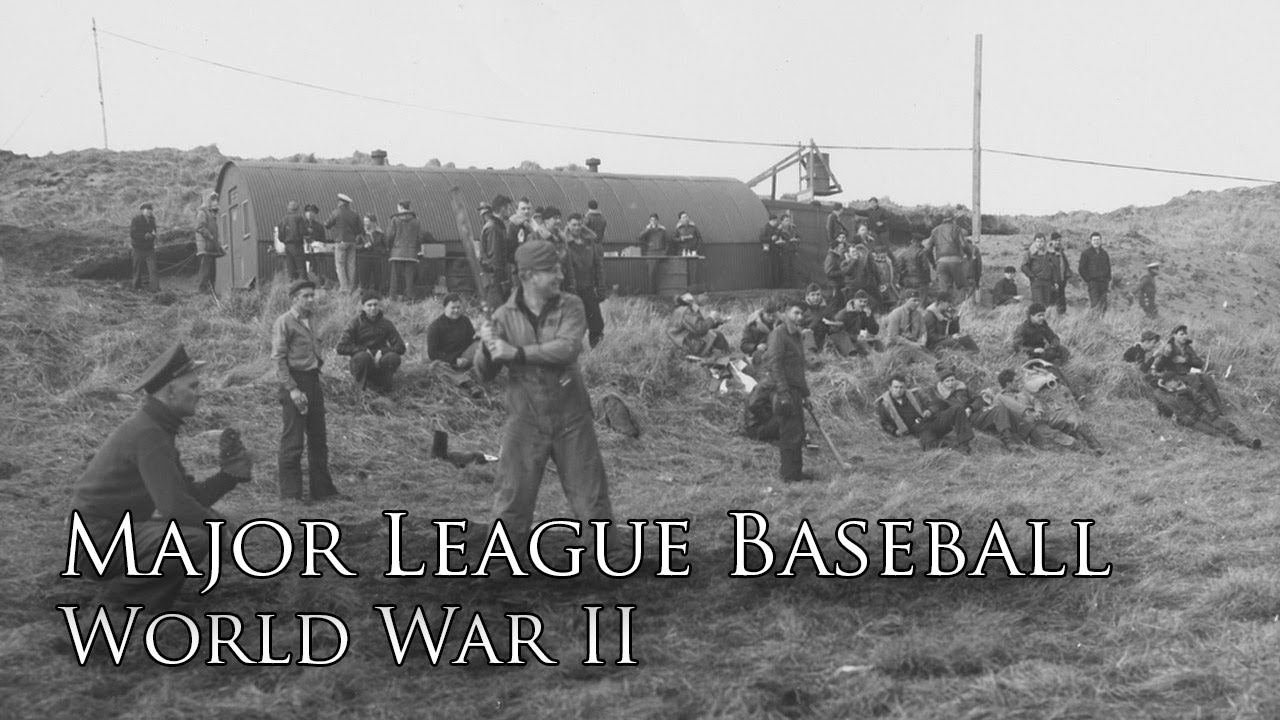1942 – Variety, the weekly entertainment magazine, wades in against “droopy drawers”. “Joe DiMaggio and Carl Hubbell are the silliest looking pair we’ve seen. Way back in the days when the speed boys were stealing 40 to 90 bases a year, you’ll remember they used to roll their pants just below the knee. Now they’ve got ’em almost to their shoes. The theory here is that the constriction inherent in the new style can slow a player a full stride getting to first.”
1942 – Variety, the weekly entertainment magazine, wades in against “droopy drawers”. “Joe DiMaggio and Carl Hubbell are the silliest looking pair we’ve seen. Way back in the days when the speed boys were stealing 40 to 90 bases a year, you’ll remember they used to roll their pants just below the knee. Now they’ve got ’em almost to their shoes. The theory here is that the constriction inherent in the new style can slow a player a full stride getting to first.”








